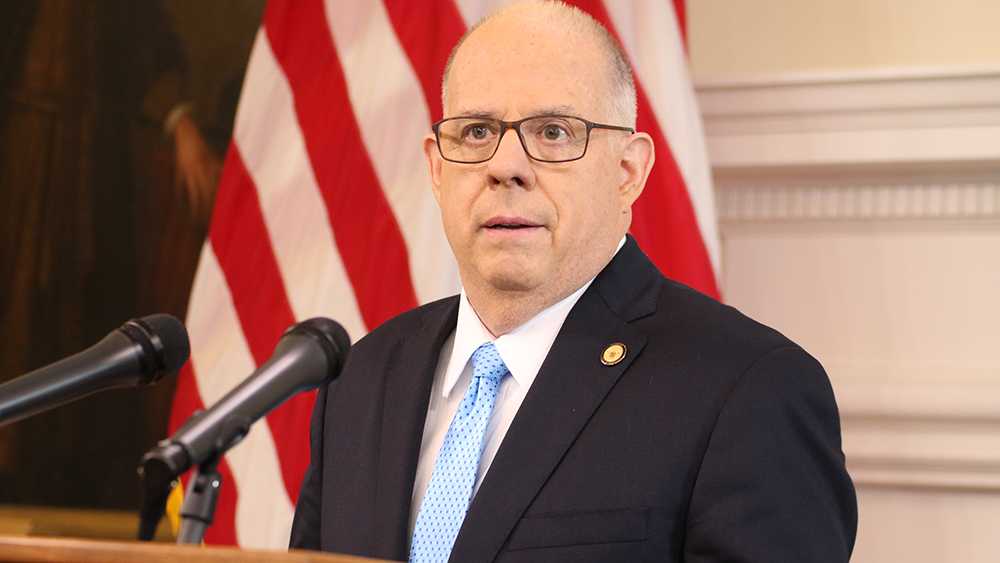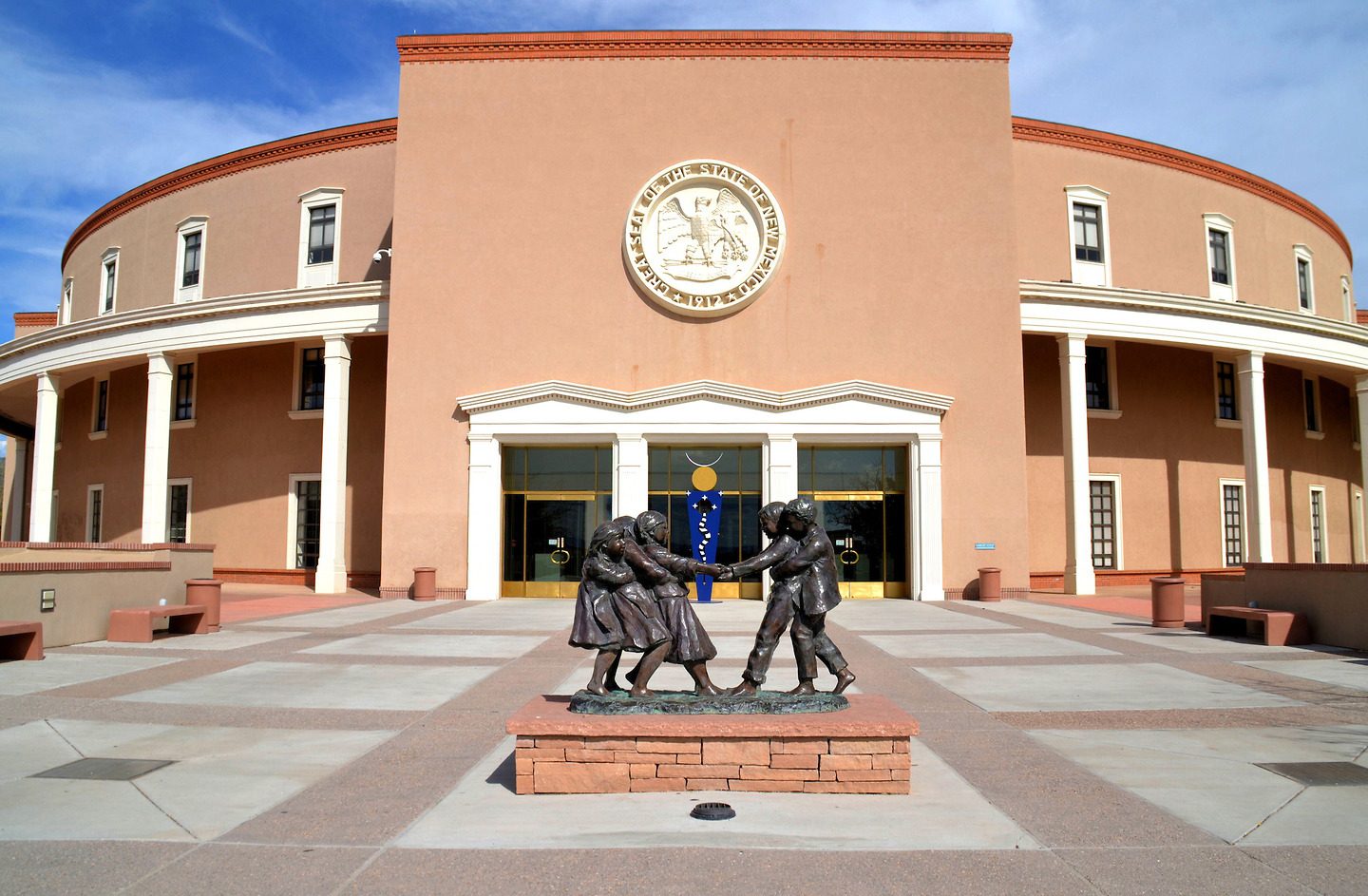General Assembly overrides Maryland governor’s veto of family paid leave

A bill containing family and medical leave in Maryland the governor vetoed has been overridden by the General Assembly.
Gov. Larry Hogan announced late Friday he had vetoed Senate Bill 275, but on Saturday the House (94-44) and Senate (30-16) put the bill into law, effective June 1.
The bill, named the Time to Care Act of 2022, would provide for the establishment of the Family and Medical Leave Insurance Program within the state’s Department of Labor. The program would give leave benefits for up to 12 weeks for a covered individual who is taking time to care for a family member, their own serious health condition, or a qualifying exigency arising out of a family member’s military deployment.
According to the fiscal note attached to the bill, the general fund expenditures are forecast to increase by $19.7 million in fiscal year 2023 to start the program. Beginning in fiscal year 2024, the general fund expenditure is calculated at $3.2 million to continue implementing the program.
However, under the bill, the FAMLI Fund revenues for fiscal year 2024 are forecast to increase by $561.2 million with expenditures tabbed at $9.7 million, according to the note. But state expenditures for all funds are expected to increase significantly in order to provide employer contributions for state employees and contributions from other employees.
Under the bill, the weekly benefit, which is calculated based on the employee’s average weekly wage, would range from $500 to $1,000, and is indexed based on inflation.
The fund will receive contributions from both employers and employees, and is also based on wages, according to the note. Employers who employ at least one person are mandated to participate in the program. However, those employers with more than 15 total employees are mandated to contribute to the fund.
Covered employees, according to the bill, have worked at least 680 hours over a one-year period immediately prior to the date the leave is scheduled to begin. Self-employed individuals can participate in the program for an initial period of three years and would be permitted to withdraw after the initial period or continue with the program. Self-employed individuals, under the bill, are to pay the full required wage contribution to the program.
Hogan sent a letter to Senate President Bill Ferguson, D-Baltimore City, outlining the reasons he chose to veto the bill. The governor called the bill “irresponsibly crafted” and a “rushed piece of legislation that unfairly penalizes the hundreds of thousands of hard-working men and women who operate small businesses in Maryland.”
The governor went on to say in the letter that he has “introduced two serious proposals” that would have provided paid leave in December 2016. One included tax breaks to offset the costs of the program, but the Legislature didn’t take action or discuss his proposals.
Hogan also pointed to Senate Bill 275 instituting a new payroll tax that businesses with 15 or more employees will have to contribute to in a time when the pandemic has led to inflation. Hogan said the $1.6 billion tax accrued from the “regressive statewide payroll tax” is the “worst thing lawmakers could be imposing on our Maryland employers and employees.”
Del. Kris Valderrama, D-Fort Washington, sponsored the bill and said, according to WMAR, “Paid leave will help millions of Marylanders who must take time off from their job to help a loved one or welcome a new child.”
This article was originally posted on General Assembly overrides Maryland governor’s veto of family paid leave



